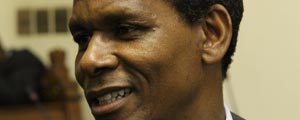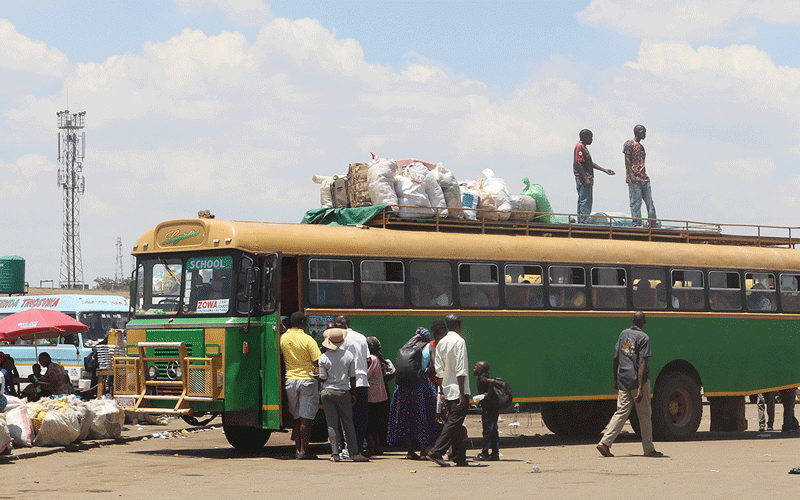
REPORTS that foreign-owned banks in Zimbabwe could have a reprieve via the prerogative powers of Youth, Indigenisation and Economic Empowerment minister Francis Nhema following President Robert Mugabe’s call for lower, negotiated and equitable indigenisation thresholds for the banking sector, point to a step in the right direction.
NewsDay Editorial
Clearly, it is a move towards a more sensible, more rational position because these banks are central to this economy as they are major players. Foreign-owned banks in Zimbabwe include Standard Chartered, Stanbic, MBCA and Barclays Zimbabwe.
There has been talk that these banks were not prepared to cede 51% control to black Zimbabwean groups and that they would be booted out of Zimbabwe.
But the new stance could encourage investors to pour their money into the country’s economy. We believe there is no reason for antagonism. Foreign-owned banks should obviously comply with the country’s empowerment laws like any other sector, but they should be allowed to present their case and if it warrants that government gives them time to comply over a period of time, the better.
The stand-off with government had resulted in banks taking a cautious, but conscious decision to continue to maintain their long-standing commitment to doing business in Zimbabwe. What that did to the country was to project a completely unwarranted bad image of a government eager to grab what others have sweated for without paying a dime. In other words, a repeat of the chaotic land reform programme which left hundreds of thousands homeless after looting and land grabbing.
As a result of that, Zimbabwe plunged in terms of investor confidence on doing business in the country. And the announcement by Nhema that the government had softened its stance on the indigenisation of banks, saying the institutions would not be required to immediately turn over their majority stakes to indigenous Zimbabweans, was more than welcome. Let the indigenisation of foreign-owned banks be done gradually.
Nhema was quoted as saying: “If you are going into sections of the service industry like banks, manufacturing and others where there is no resource to begin with, then you cannot say the 51% is mine.”
- Chamisa under fire over US$120K donation
- Mavhunga puts DeMbare into Chibuku quarterfinals
- Pension funds bet on Cabora Bassa oilfields
- Councils defy govt fire tender directive
Keep Reading
According to the law, no company should be exempted, but it is a commendable move to gradually implement the requirements so as not to disturb the flow of business and/or the economy.
This means that all foreign-owned companies that are exploiting Zimbabwe’s natural resources should not wait to be immediately compelled to do so, but make a plan themselves.
Government should ensure that each investment made in the country benefits the country’s youths by way of training unemployed youths annually. We also urge indigenous people who have benefited from the indigenisation and empowerment programme to assist their communities. But, we are worried that in the name of indigenisation, we may destroy efforts to create more wealth for the majority by creating employment for thousands of Zimbabweans.











